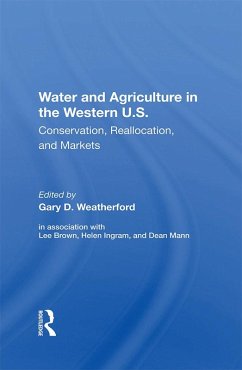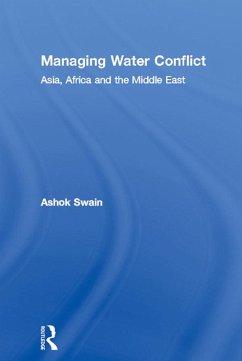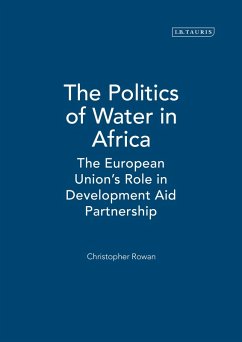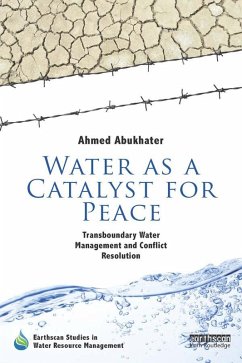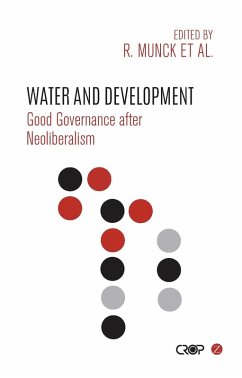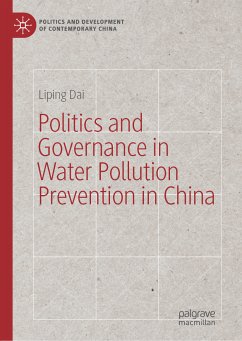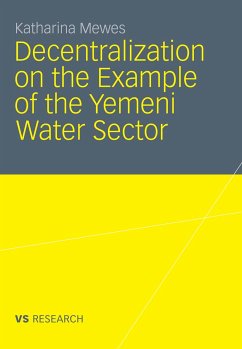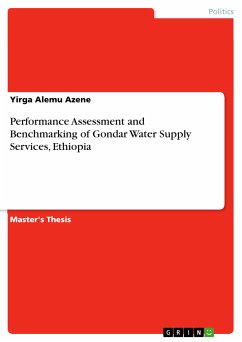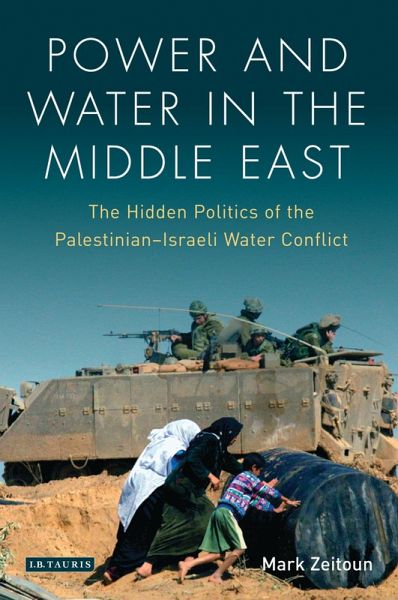
Power and Water in the Middle East (eBook, PDF)
The Hidden Politics of the Palestinian-Israeli Water Conflict

PAYBACK Punkte
10 °P sammeln!
Power and Water in the Middle East' provides a powerful new perspective on the Palestinian-Israeli water conflict. Adopting a new approach to understanding water conflict - hydro-hegemony - the author shows the conflict to be much more deeply entrenched than previously thought and reveals how existing tactics to control water are leading away from peace and towards continued domination and a squandering of this vital resource.Existing approaches tend to play down the negative effects of non-violent water conflict, and what is presented as co-operation between countries often hides an underlyin...
Power and Water in the Middle East' provides a powerful new perspective on the Palestinian-Israeli water conflict. Adopting a new approach to understanding water conflict - hydro-hegemony - the author shows the conflict to be much more deeply entrenched than previously thought and reveals how existing tactics to control water are leading away from peace and towards continued domination and a squandering of this vital resource.Existing approaches tend to play down the negative effects of non-violent water conflict, and what is presented as co-operation between countries often hides an underlying state of conflict between them. The new analytical framework of hydro-hegemony exposes the hidden dynamics of water conflict around the world and yields critical insights in to the Middle East water problem. This important work will interest researchers, professionals and policy makers involved with the politics of the Middle East and with water conflict more generally. 'a compelling story of state-building, inter-state competition, and the central role that water plays in state development' - Water Alternatives 'washes away another colourful colonial myth and reveals a history of squandered resources, domestic injustice, and regional belligerence... Zeitoun's meticulous investigation of the conflict over water in the region is a convincing read ... it remains essential reading for anybody working on resource management through government ministries, national agencies, and NGOs in the region.' - Arab Studies Journal




